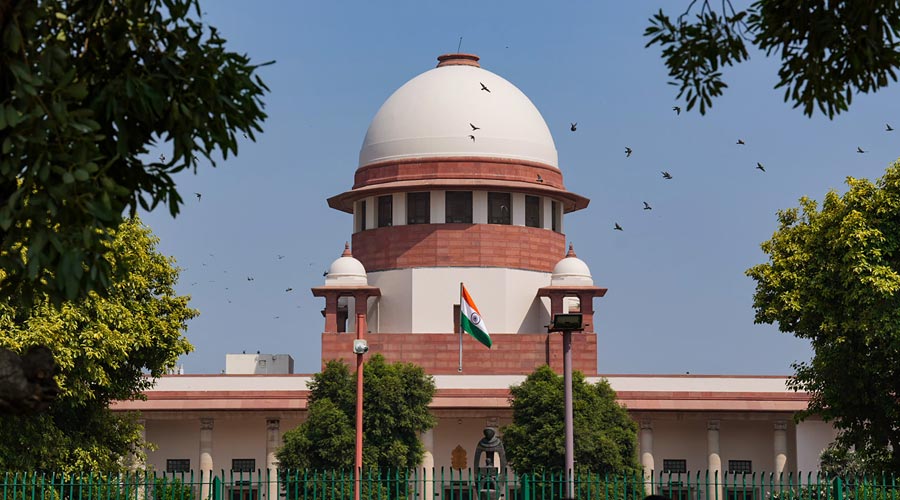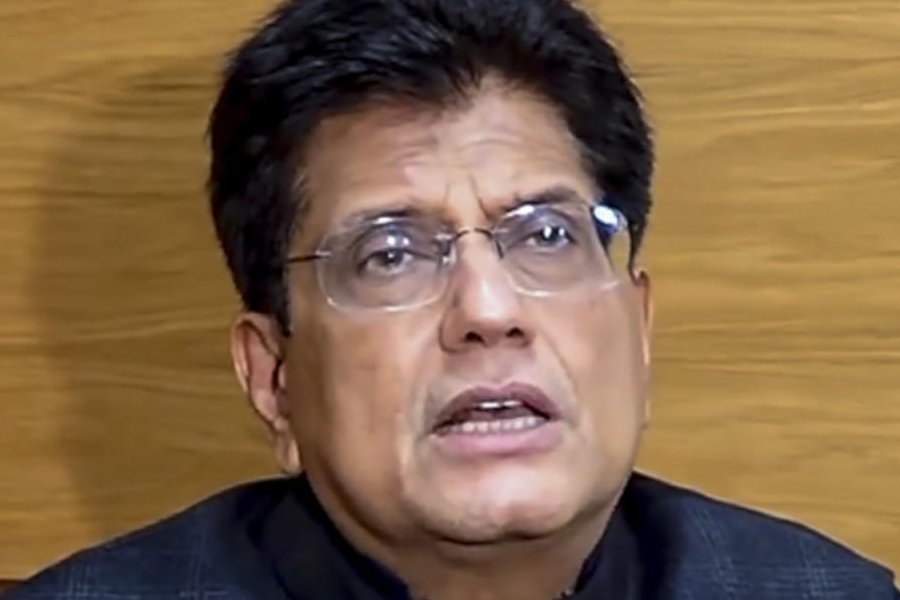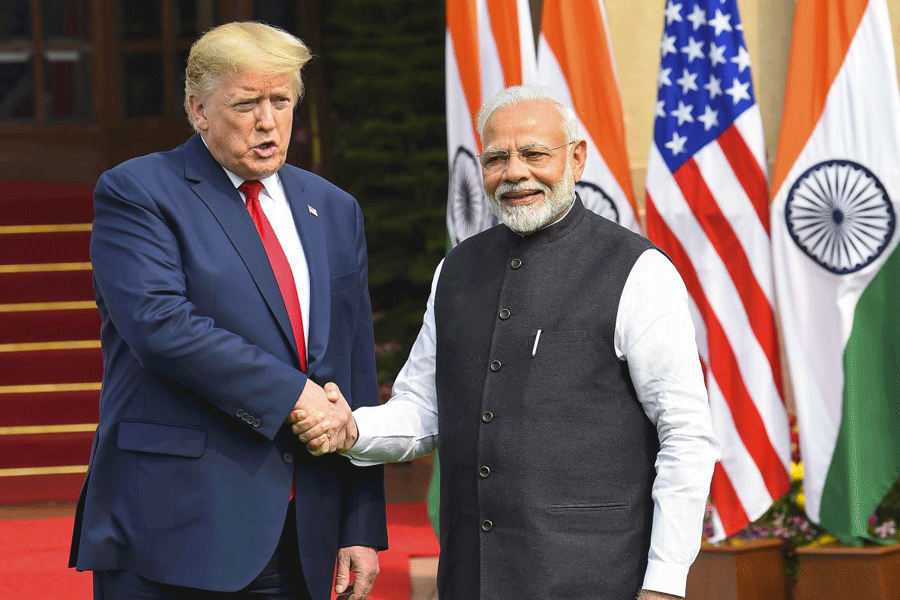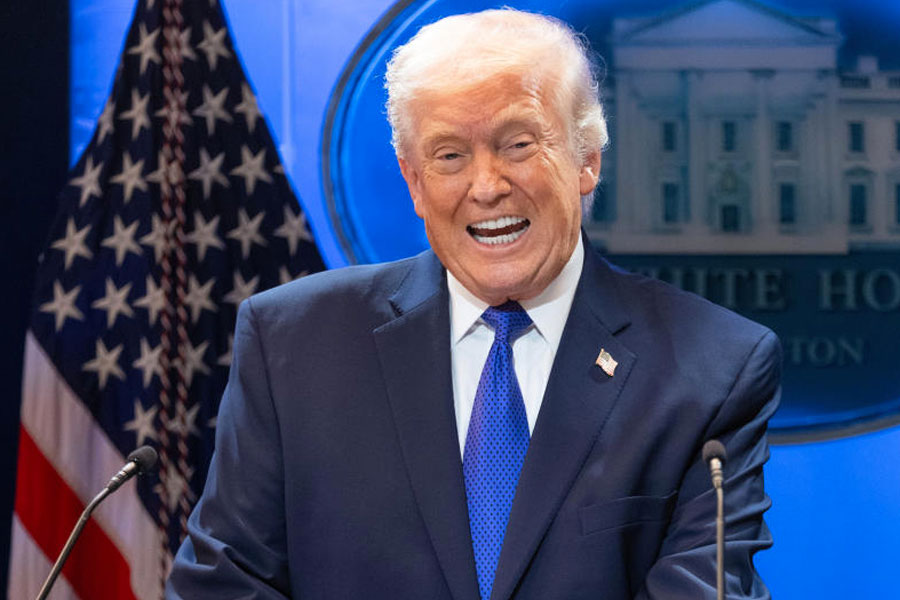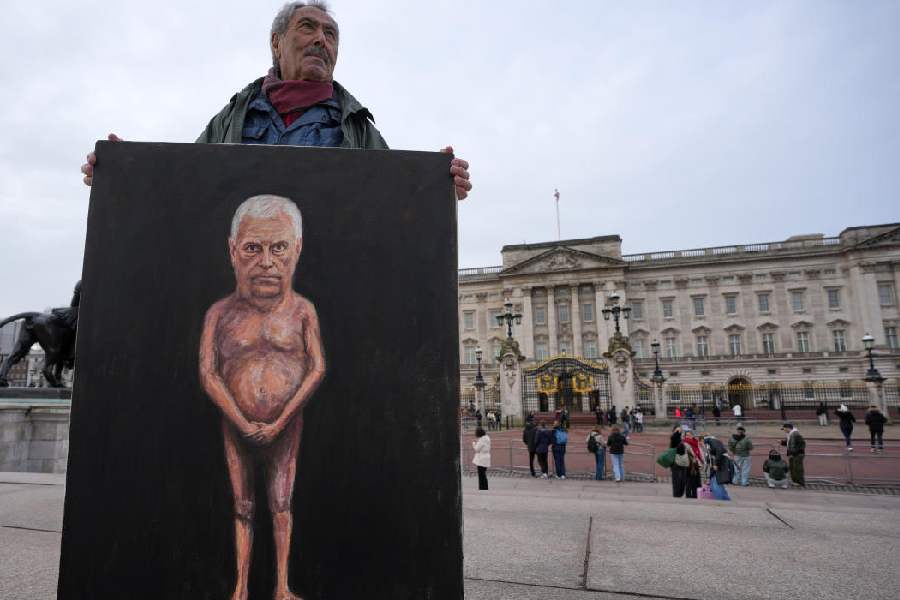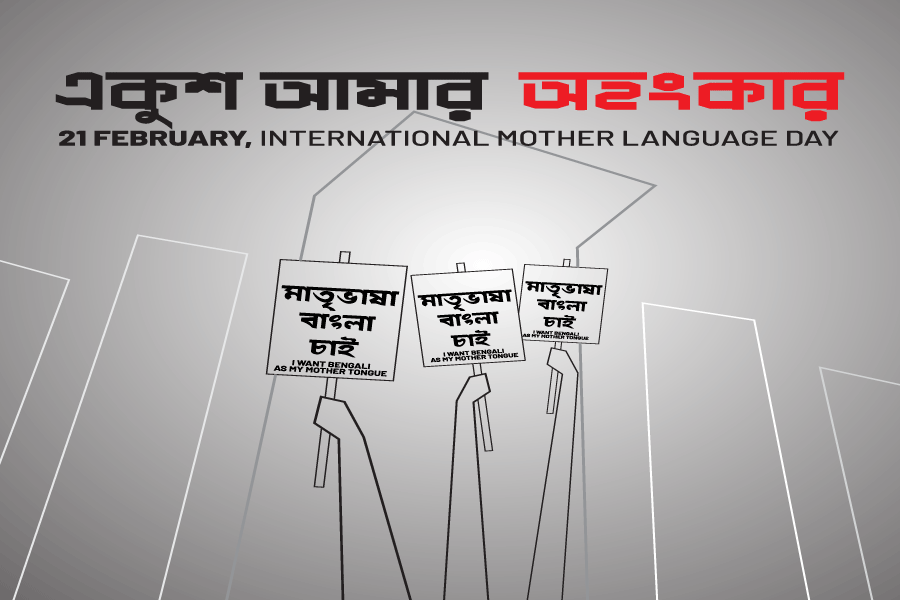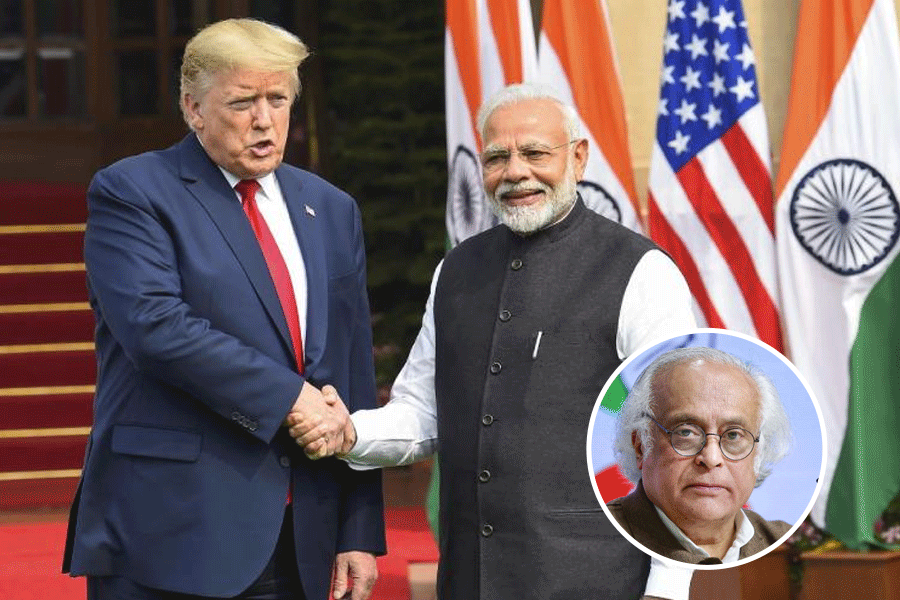The battle for equality among the sexes is tough and seemingly unending. In a historic decision in 2020, the Supreme Court had directed the Central government to offer all women officers permanent commission in the Indian army — a preserve of their male peers till then. The following year, in another landmark judgment, the top court ruled that women absorbed as permanent army officers would also be eligible for promotion and other attendant benefits. The two verdicts, which came after a decades-long struggle by women to achieve parity in a male bastion such as the army, were hailed as important steps towards much-needed reforms. Unfortunately, it seems that the time is ripe to reappraise whether the larger intended goals of these pathbreaking interventions have been met. A recent petition in the Supreme Court by 34 serving women has accused the army of withholding selection boards for promoting women officers, while allowing junior male officers to supersede them. That is not all. The court was also informed of indirect discriminatory practice by the army in denying women officers study leave and deputation. The charges are unsurprising, given the wider institutional inertia in this respect. The Centre had vehemently opposed the granting of permanent commission to women officers citing their physical vulnerabilities. It also justified the prolonged reluctance to implement the court verdict on the grounds that the rank and file — all men — would be uncomfortable with women in commanding positions. This, despite the fact that not all segments of the army are accessible to women aspirants. For instance, the army’s main combat units remain out of bounds for them. Such compartmentalisation along gender lines is not unique to the Indian military. Only 16 countries allow women to serve on the frontline. Worse, instances of prejudice against and sexual harassment of women officers are commonplace in armies across the world.
The army mirrors an entrenched discrimination against women in influential institutions. A recent survey by Deloitte revealed that only 19.7% of the global board seats are held by women and that there has been a marginal rise of 2.8% in the figure since 2018. That a miniscule number of women occupy crucial decision-making positions is borne out by the data. This is strange because an improvement in gender representation is also a means of enhancing productivity. Cosmetic measures will no longer do. Be it the army or industry or political bodies, spaces must be made more accommodating for meritorious women.

